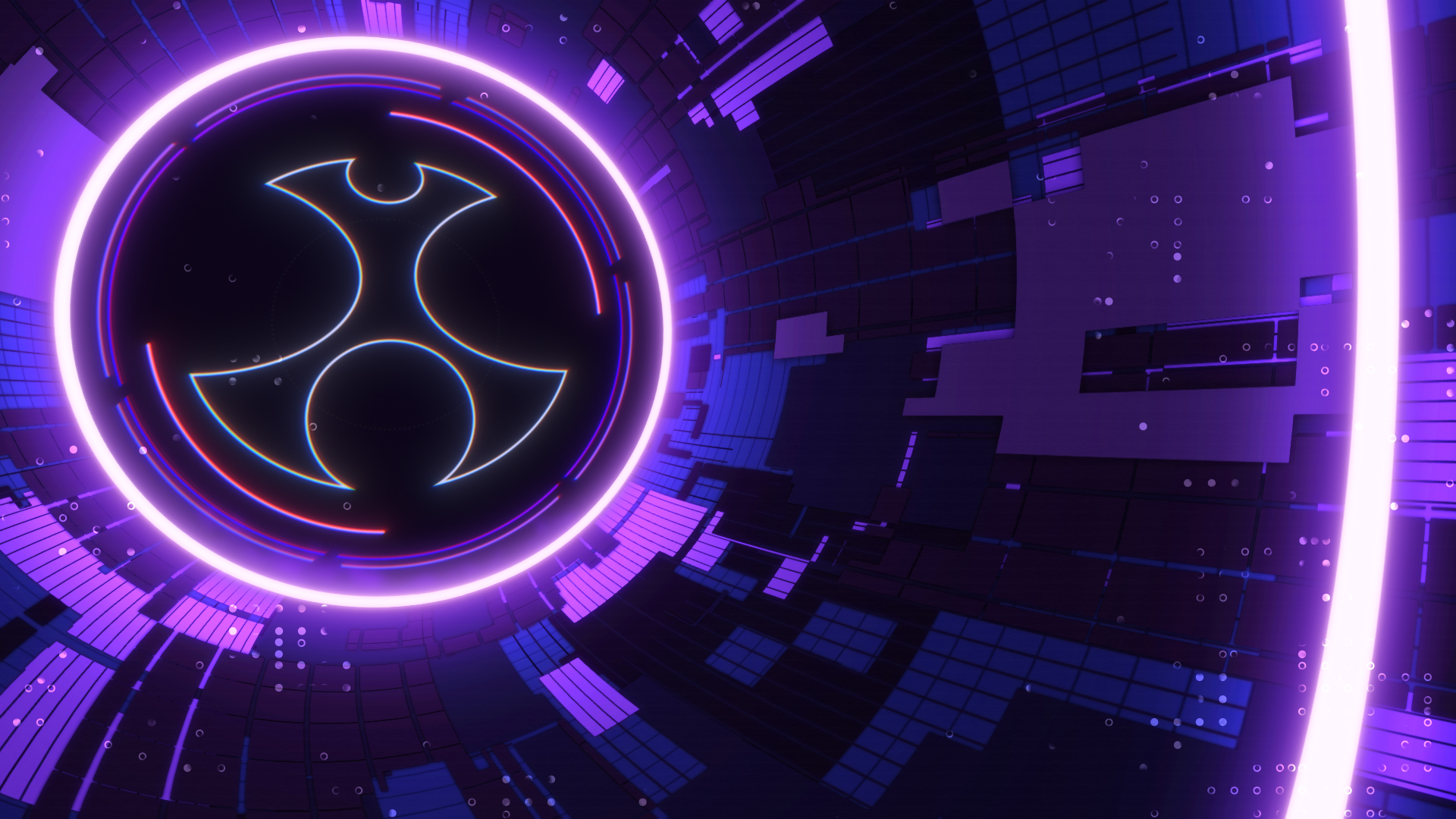It is fascinating to see how an anime franchise other than Dragon Ball continues to create more content for its fans. Typically with long-runners, they try to milk every last dollar they can make, and ride off into the sunset once things reach their end. Naruto Shippuden reached its climax and with the manga finished, I thought that Naruto would go the same way as Bleach. Instead, fans get to see their favorite ninjas as parents and now we can follow the journey of Naruto’s son Boruto. I’m not sure how long this series will last (it’s over 100 episodes now), but it’s essential for Boruto to establish its footing, instead of being blocked by his father’s large shadow (clone). And I’m curious to see how this series does that (if at all).
Volume one of this release is the first 13 episodes, involving the Academy Entrance arc, which is all filler. The Hidden Leaf village isn’t what it once was, now sporting a more modern look from what fans knew back when Naruto was a child. Things like trains, huge monitors, and even films are being made, which is a far cry from what Naruto and his friends had when growing up. Peace and prosperity have spread throughout the world, and we watch as Boruto finds his own path. Despite being the son of the Hokage, Boruto doesn’t seem interested in that route and wants to be a better person than his father. Instead of the typical training montages, we see Boruto deal with everyday life as he begins school at the academy his parents went to when they were young. And while he deals with the trials and tribulations most kids face at school a mysterious shadow is possessing innocent people, draining them of most of their chakra. Boruto seems to be the only person who can see this shadow and decides to find out the cause. But the question is, can he figure things out before it is too late?
I think the biggest question I had going in was how would Boruto establish itself as something different from Naruto. While I’m sure fans would stick around regardless, Boruto needed to differentiate itself from its predecessor. The series tries to accomplish that in the first episode, with Boruto exclaiming how he doesn’t want to be the Hokage, but there needs to be more than just him stating that to prove that this series will be different. Overall, I think Boruto accomplished that, as we watch the young shinobi learn the ropes at the ninja academy demonstrating his abilities. He’s doing it for his own sake (and possibly for his father to notice) instead of trying to take his father’s position. Things aren’t dire, making his time at the academy seem more normal. And because of the way he acts, Boruto is more like a natural leader of a series than his father was. Boruto (unlike his father) has become his class’ nucleus, due to how honest and approachable he is despite his lineage. It drew the rest of the Boruto cast in, making his popularity seem natural. Instead of having fans root for an underdog story like Naruto, Boruto is a character we can cheer for because his charisma and spirit galvanizes his peers.
I wish there were more interactions between Boruto’s classmates instead of the dose of nostalgia that we were given with all of the former Naruto stars making an appearance. Although it was fun, since it’s rare to grow up with characters that you’ve cherished as a child. It’s unique and I give credit to this franchise in letting the main cast grow older. I would’ve liked a little less screen time for the older characters to keep Boruto as the primary focus. Instead I feel nostalgic in bits and pieces, but Boruto had it going a little more than I’d like. And maybe that was done out of fear that the series would not be popular, so characters like Sai, Tameri, and Kakashi (among others) make an appearance to keep the older fans invested. It’s not the worst thing in the world, but I was hoping for fewer interactions with these characters and to see the students get more attention than they did.
Sarada is a savage! pic.twitter.com/nGAxhhQZVW
— VIZ (@VIZMedia) April 22, 2019
I say this, yet I thought Shino was the best character to watch during these first 13 episodes. If more Naruto characters get a chance to be developed further like Shino, then I’m down for the former stars to get more screen time. I enjoyed learning why he became an instructor and how he wanted to improve himself by improving students. It’s an honorable way of living and one that people might forget. I always have a special place in my heart for the teachers and professors who helped shape who I am, and I saw that kind of teacher in Shino. Seeing him help Boruto throughout his mission to find the cause of the “shadow” incidents was touching.
I was impressed with the start of the series, despite the fact that the plot takes a while to develop. It took a little longer to get into why this “shadow” continues to infect people in the leaf village. At first, I assumed it would just attack innocent civilians, but this chakra was strong enough to possess Shino, who is powerful in his own right. But it’s tough because Boruto needed to establish a tone, and you don’t have the drama of finding out the cause of the “shadow.” There had to be dedicated time to show what kind of person Boruto is and how each of his classmates are motivated, now that they are spending a lot of time together. I’d live if there weren’t a competition between the male and female students, considering how little it meant to the overall story.
It took a while to find the culprit, but ultimately I felt satisfied when it was revealed that Sumire was the perpetrator. Mitsuki realizing that people who were touched by her became possessed was a nice touch that I’ll admit I did not see coming. I like the fact that Sumire (who was an anime-only character) became pivotal this early. It gave the filler more meat, which is essential since this series doesn’t animate the manga for quite some time. If Boruto continues to provide decent content before we get to where the manga began, I’m all for it.
The entire English cast for Naruto returns to reprise their roles (it would’ve been terrible if that were not the case). I was impressed with the new additions, which we will hear a lot about in the coming episodes. You know what you are going to get with actors such as Robbie Daymond (Mitsuki) and Cherami Leigh (Sarada). Both did a great job in nailing the characters’ quirks and cadence, and I cannot wait to hear more from them. I think Amanda C. Miller sounds precisely like what I want in the lead as Boruto. She was able to provide the sound of an angsty teenager, but also displayed a calm voice when she was happy and cheerful. Still, it was the voice of Chōchō who stole the show. I loved the way she sounded when the character had to be more laissez-faire. It seemed so believable that it brought the character to life and was easily the best performance for me*. I’m excited to see how the cast continues to grow into their characters as things progress.
The worst part about this release is that it ends on a massive cliff hanger. Sumire uses the Gozu Tennō to summon a deadly creature (Nue) and is sucked into another dimension with Boruto jumping in with her. Seriously, the final episode ended where everyone disappears, and then we cut to a happy (and misplaced) ending credit song. Not the best spot to stop a release, but I’m sure if you got volume one, then you’ll do what you can to get volume two to see how this conflict is resolved. I know not every story arc will get resolved in one release, but this certainly brought things to a fast and abrupt halt that I did not like.
And while we are at it, I found Sumire’s story arc odd with how the creators tried to relate it to Naruto Shippuden. Her parents were devout followers of Danzō Shimura and a part of The Foundation. So Sumire’s parents trained her to use the Gozu Tennō to exact revenge against the Hidden Leaf Village. Sure, it’s a plausible thing to come up with, but it seemed like an obvious attempt to keep older fans invested in the series by having Sumire as a child of one of Danzō’s devote followers. Continuity-wise, it makes sense. But I’d rather have Boruto steer away from using the “Naruto lifeline” as you will. I’d prefer this was something completely different that originates from the Boruto series. Instead, this makes me think that you’d have to watch all of Shippuden to get the nuances of what Boruto was trying to accomplish with this story. It keeps Boruto from being able to stand on its own. However, storytelling-wise, I can’t fault what the studio decided to do. The Foundation was disbanded (not eliminated) so there should be members floating around which is a convenient story arc to write.
VIZ Media released the first volume of Boruto in a standard Blu-ray case with a cardboard slipcover. They also added in extras that I’m sure many fans will like. There’s an interview with both Maile Flanagan and Amanda C. Miller that I thought was interesting, as well as an 11 minute episode short from the 2016 Jump Fiesta event. It was dubbed in English but gives away who Boruto will be joining for his official ninja squad. If you don’t mind spoilers, it’s a great little extra for fans.
Naruto and friends have all grown up. It's time to meet the next generation of ninja!
Learn more about Boruto: Naruto Next Generations, Set 1: https://t.co/ZK3YPlKz5I
— VIZ (@VIZMedia) April 26, 2019
Boruto has a large hole to fill being the successor to Naruto. I don’t think this series is ready to take over at the moment. It’s beginning is rather mundane and takes a bit of time to speed up as we learn more about the “shadow” incidents. The potential is there, thanks in large part to Boruto himself. I find it much more enjoyable to see characters rally behind Boruto due to his make up and how he handles himself than sympathizing with him (like viewers did with his father). The animation looked fantastic throughout, and there are a few interesting plot points we’ve yet to see that I look forward to discovering in the future (like who is Mitsuki). There will be non-stop nostalgia with older characters popping in and out, but that’s inevitable. Hopefully, we continue to get a story primarily of Boruto, instead of relying on Naruto to keep this series going.
*The Boruto wiki page did credit who was cast as Chōchō, but I wasn’t able to find any confirmation, so I left it blank, so I didn’t discredit whose voice that was.
Rating: 8/10
Pros: Boruto is a great lead character to follow; animation was impressive throughout; interesting plot point yet to be discovered; Shino’s personal growth; the English cast and especially Chōchō’s voice actress.
Cons: The release ends on a massive cliff-hanger; wasn’t too keen on Sumire’s story arc; felt there was more of a reliance on nostalgia from Naruto characters.
C.J Maffris is the senior staff writer at toonamifaithful.com. Feel free to follow C.J on Twitter @SeaJayMaffris


